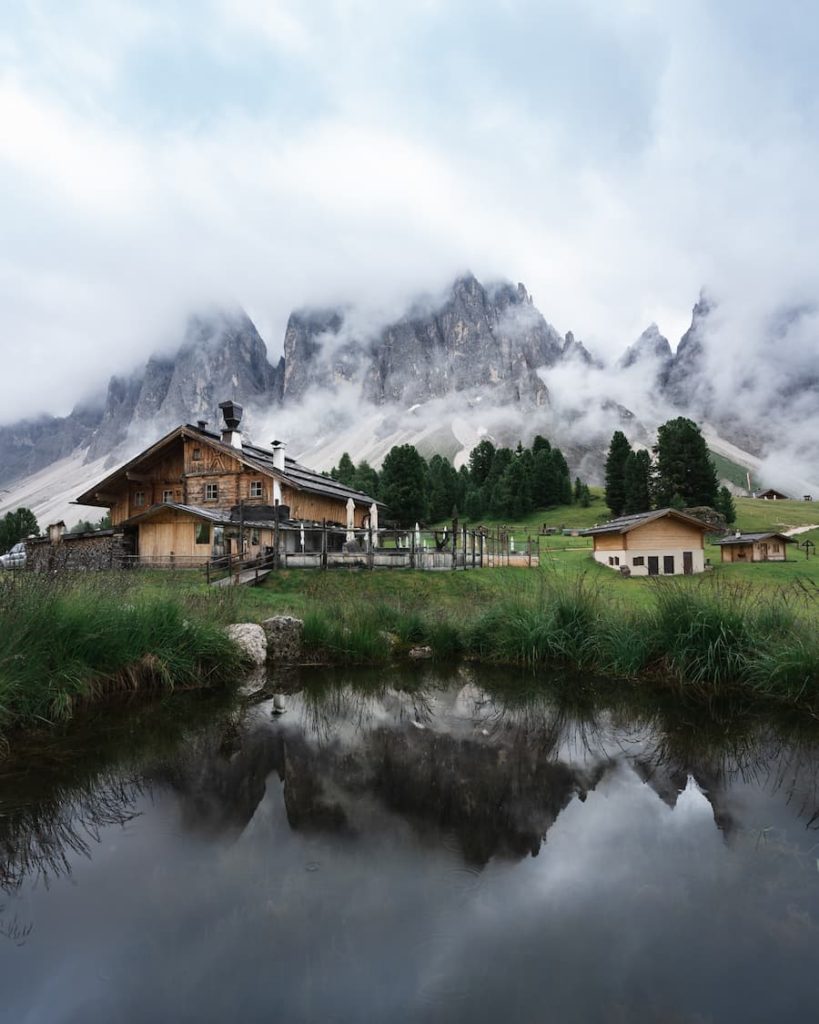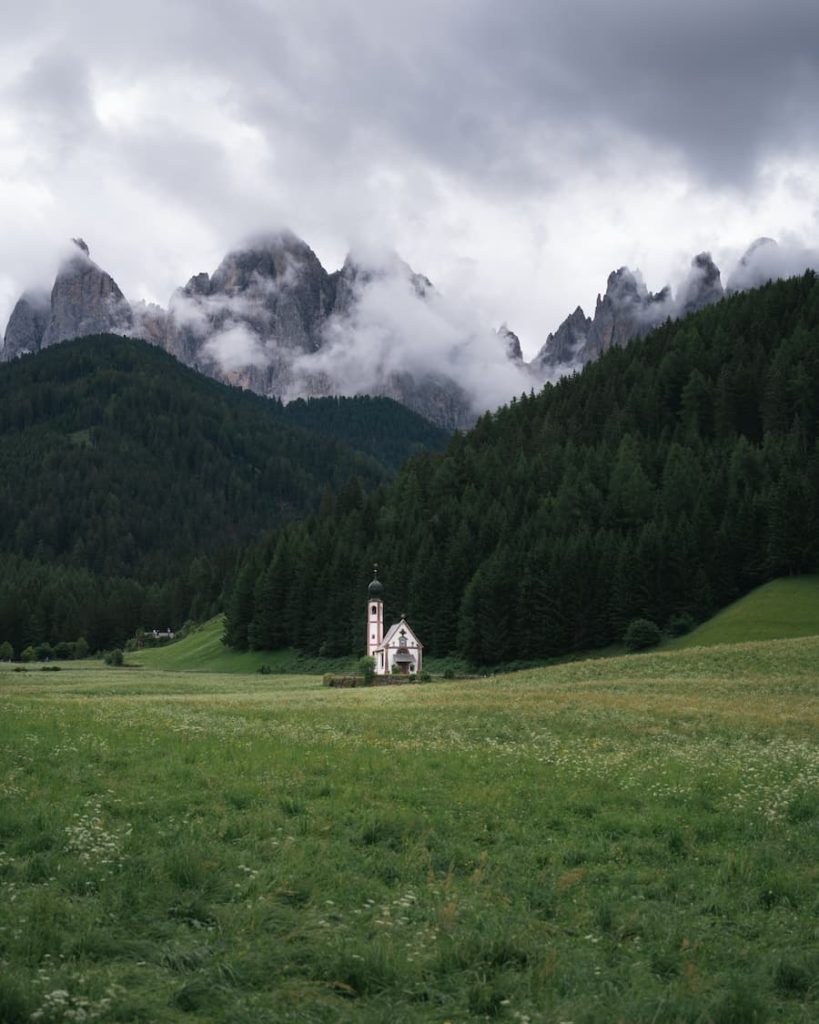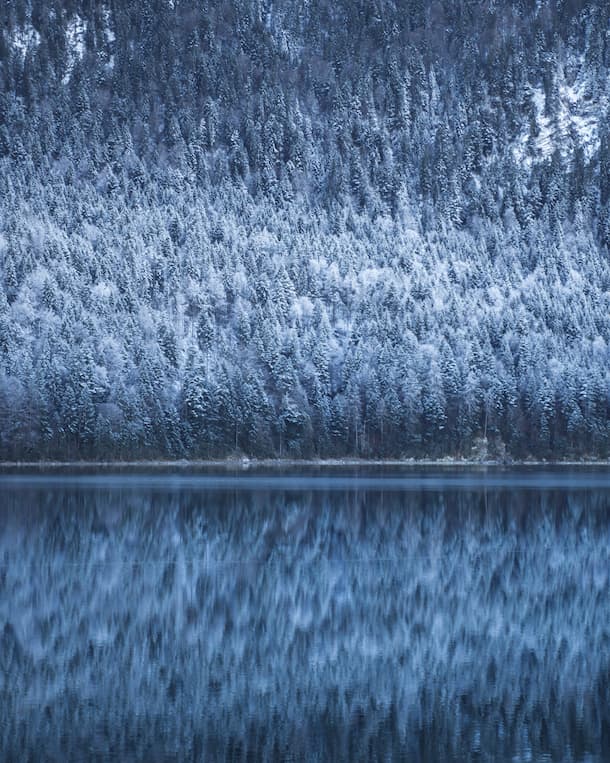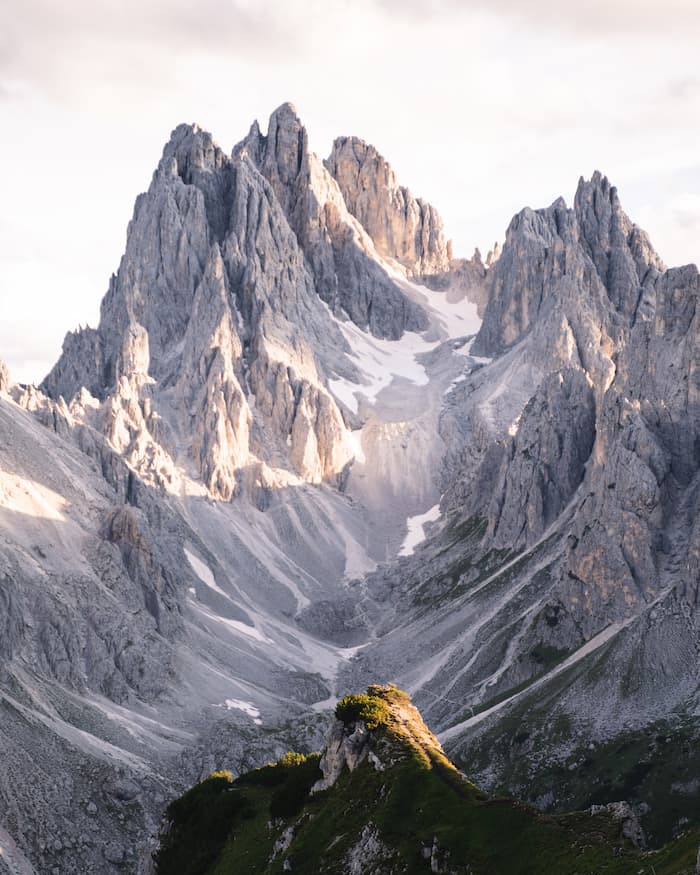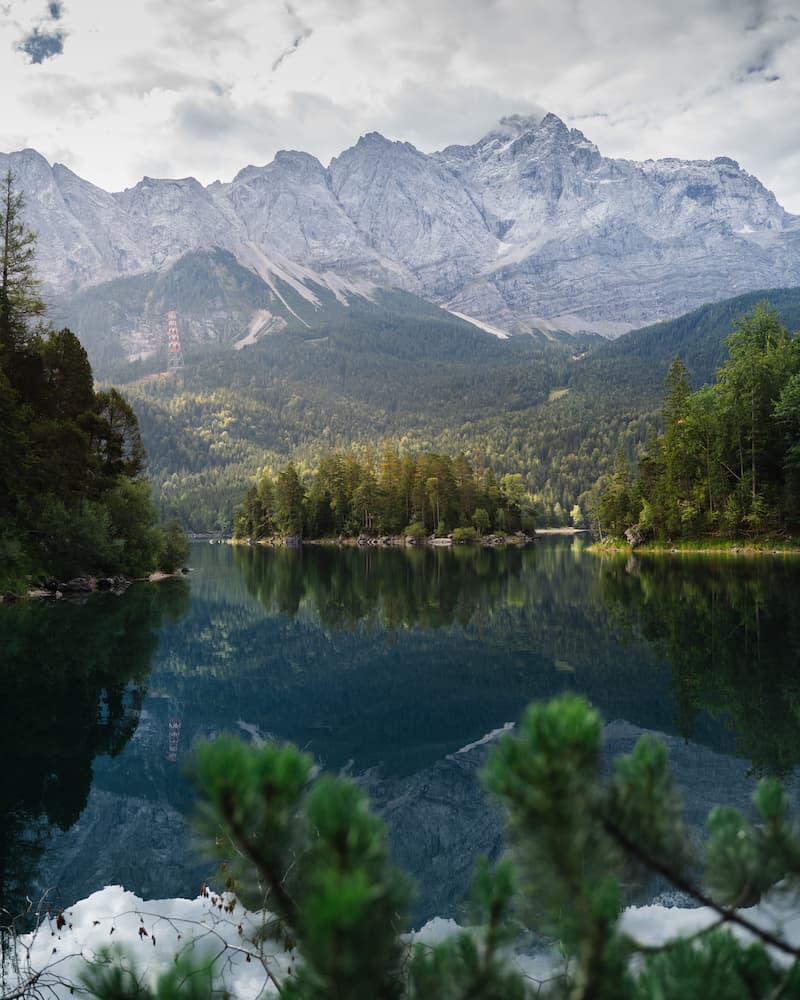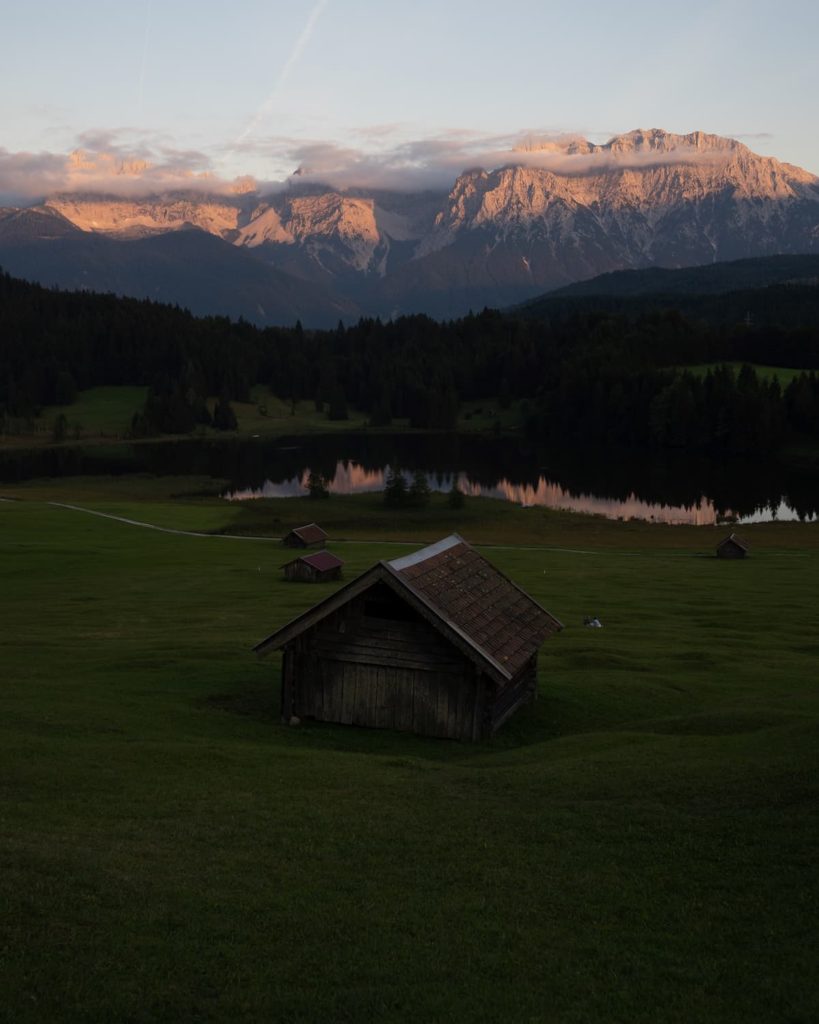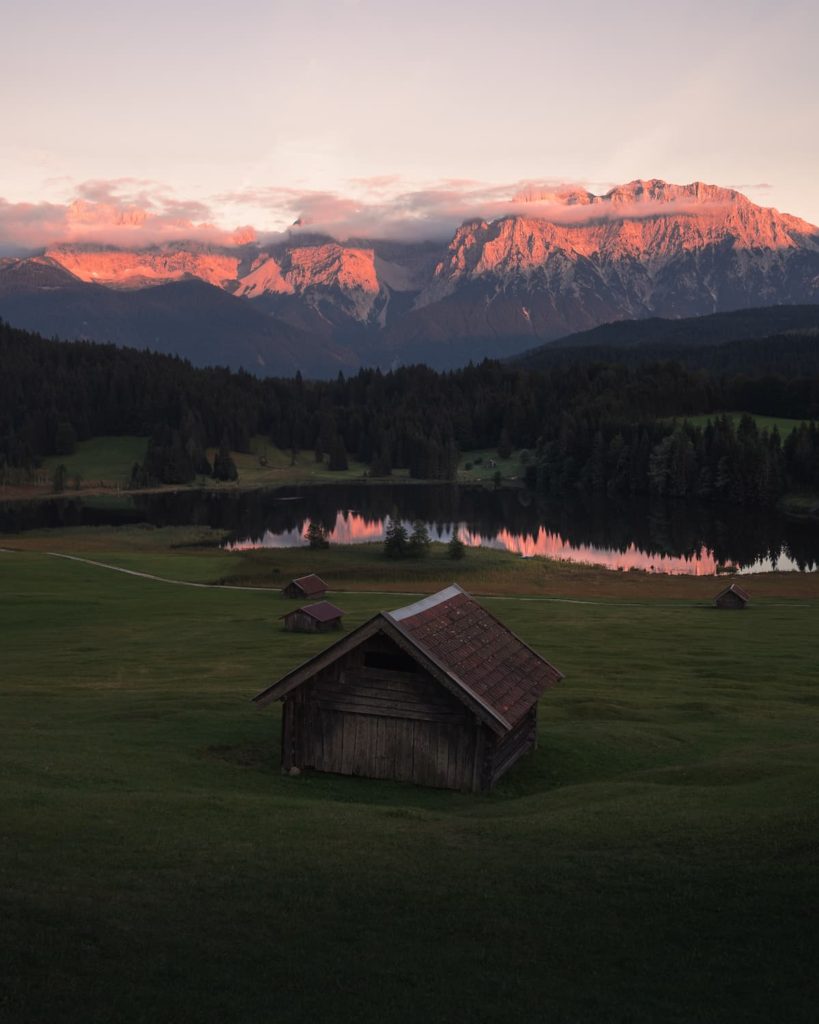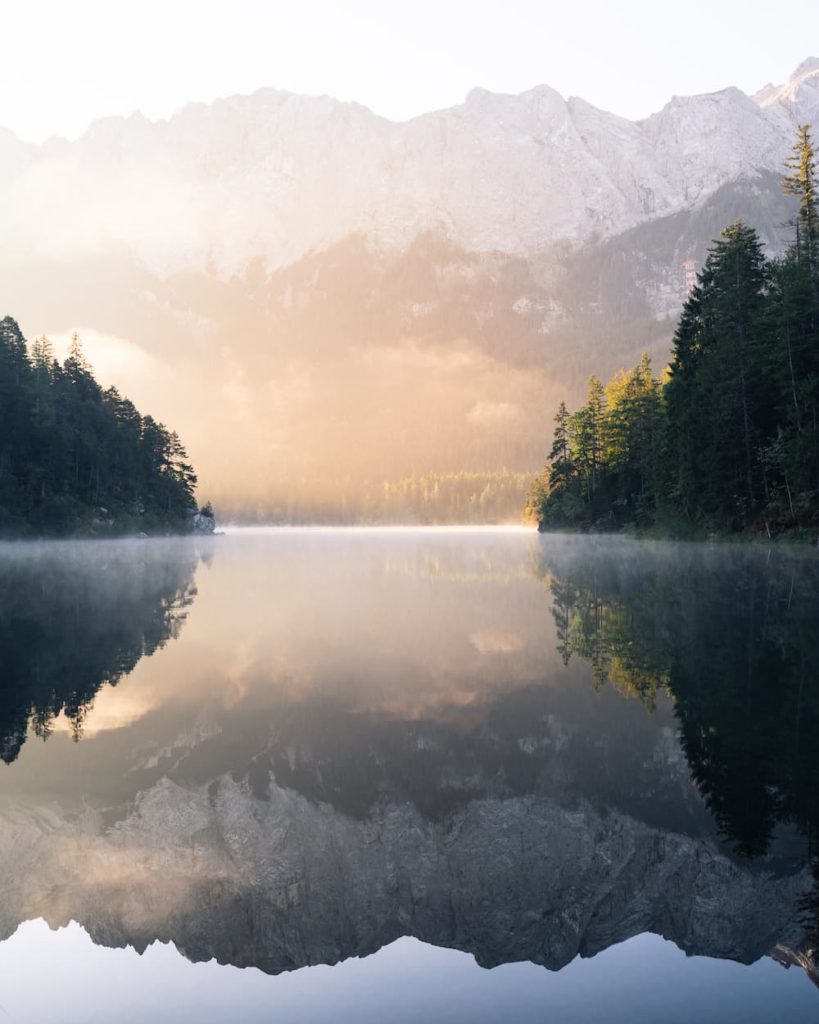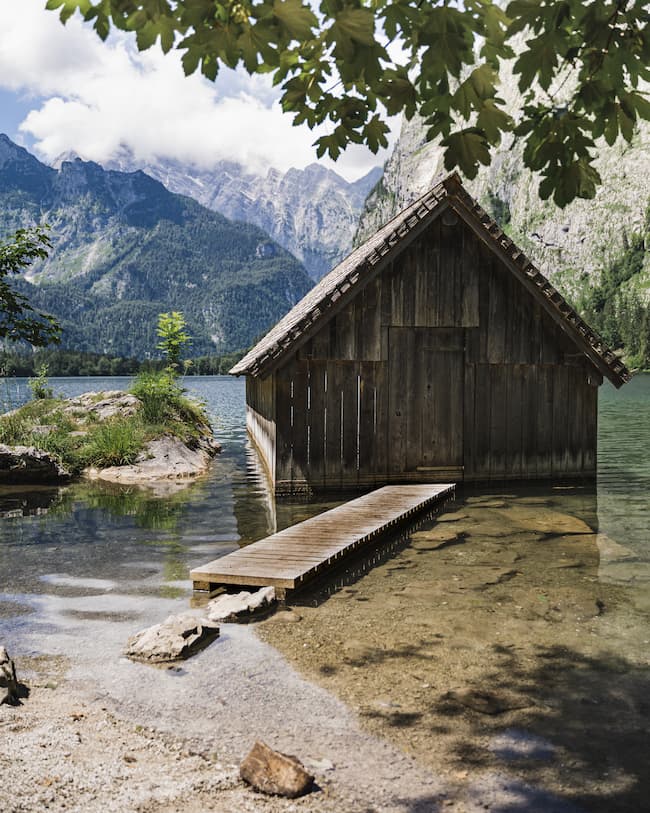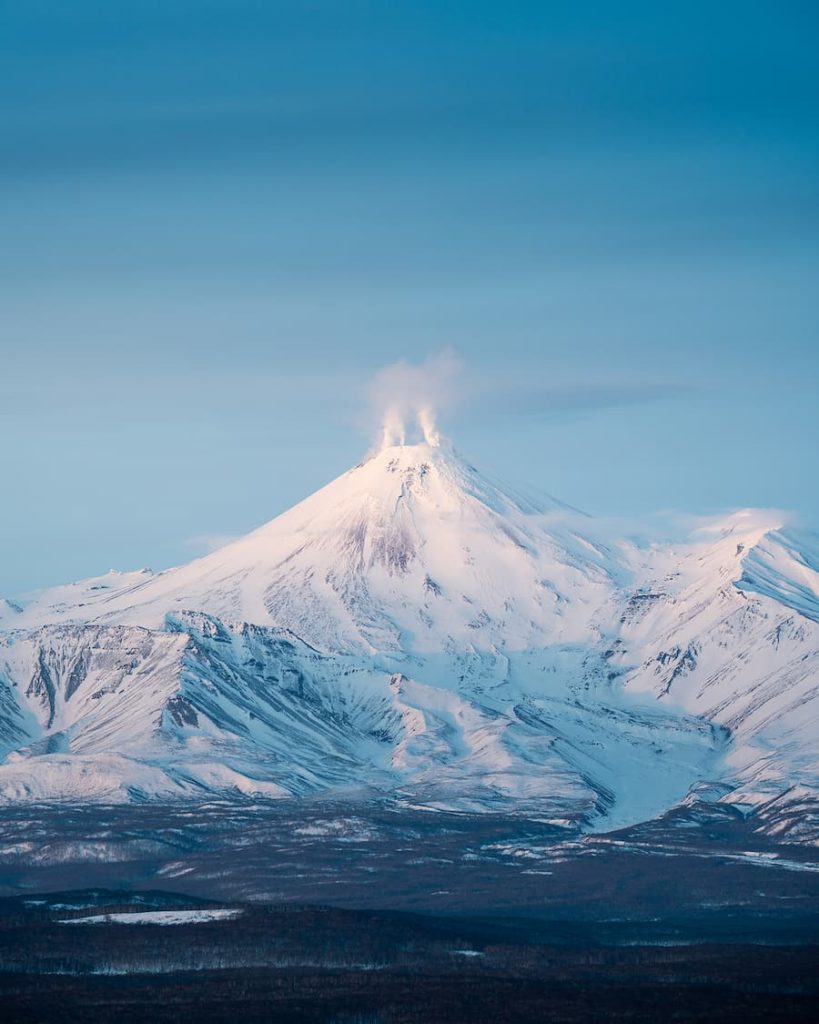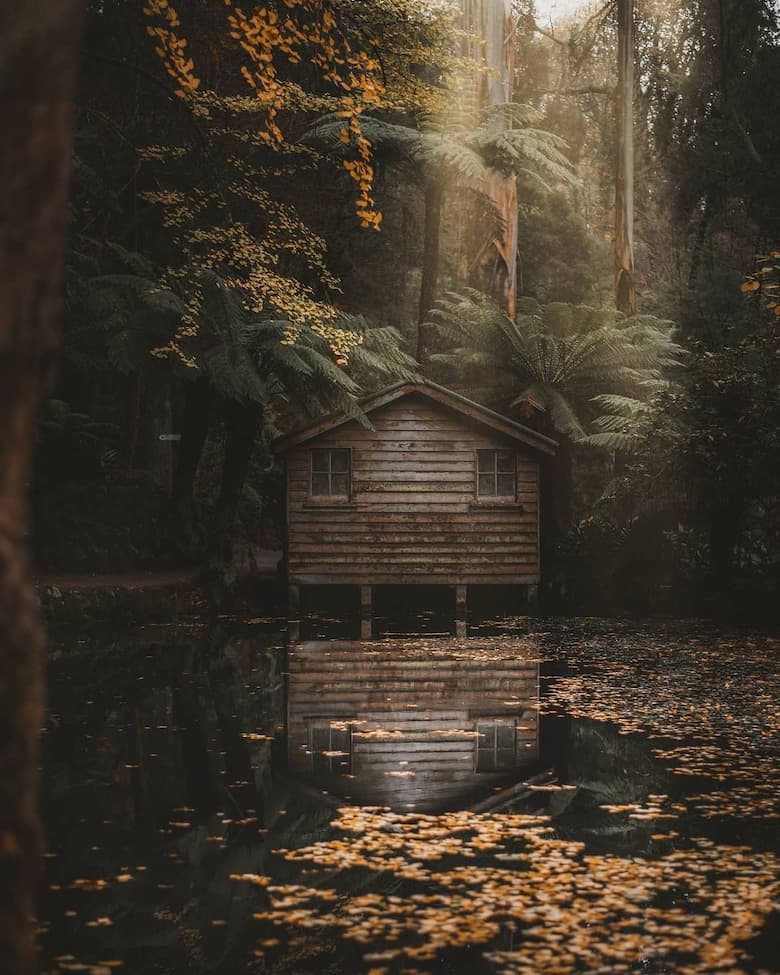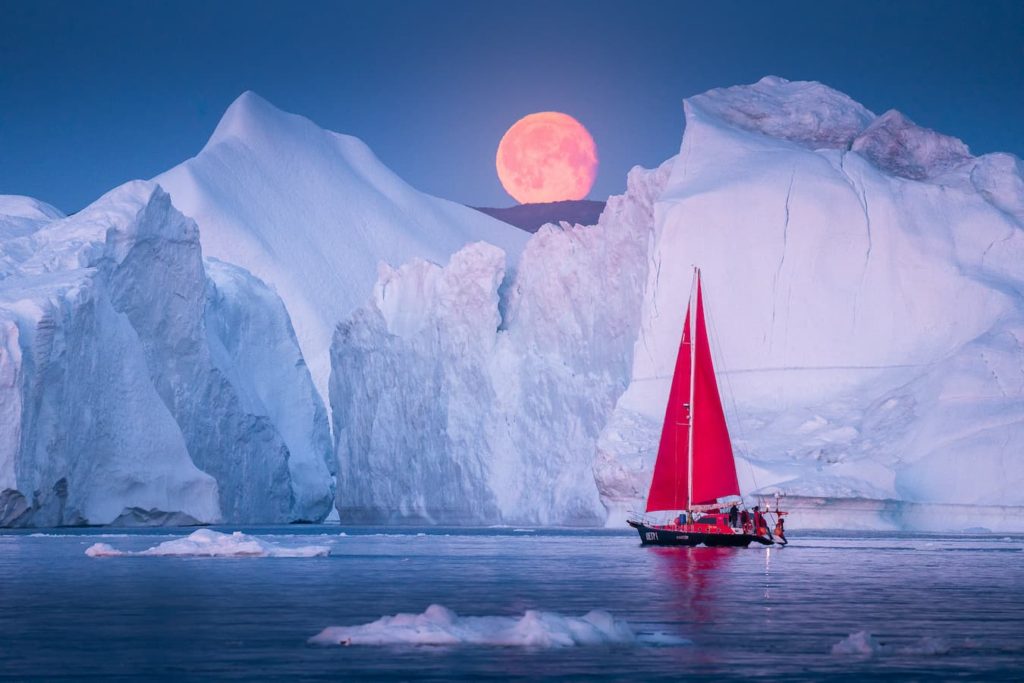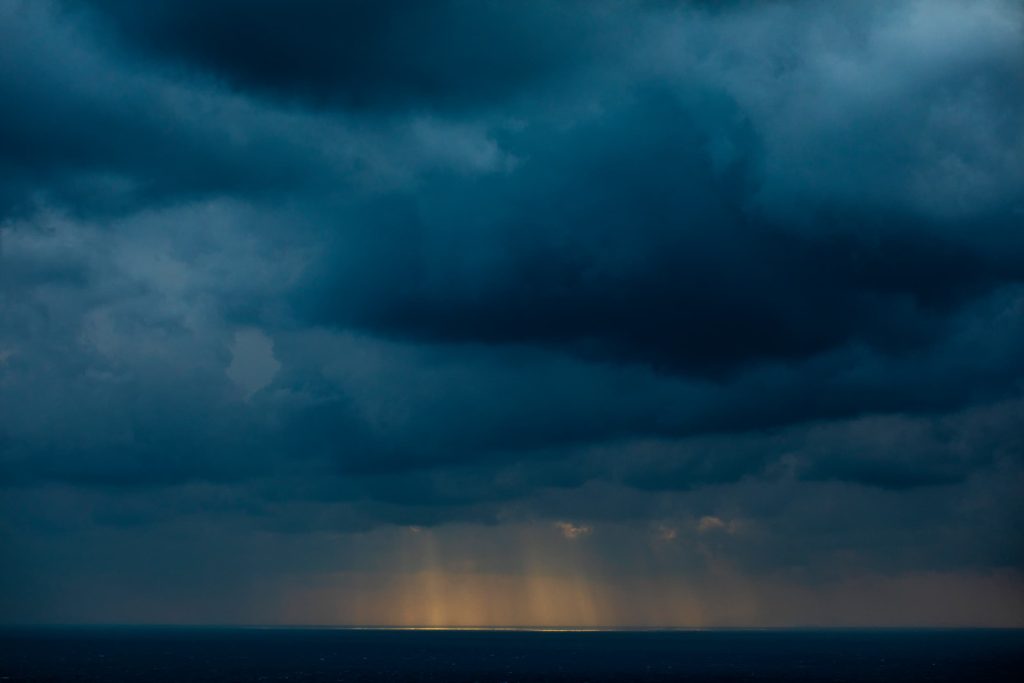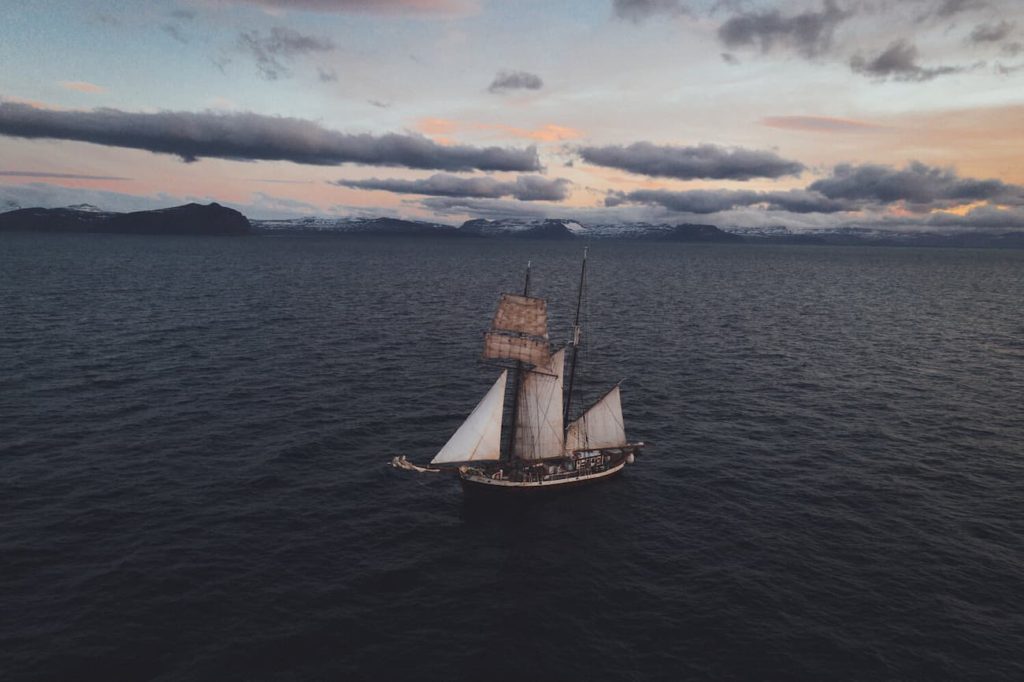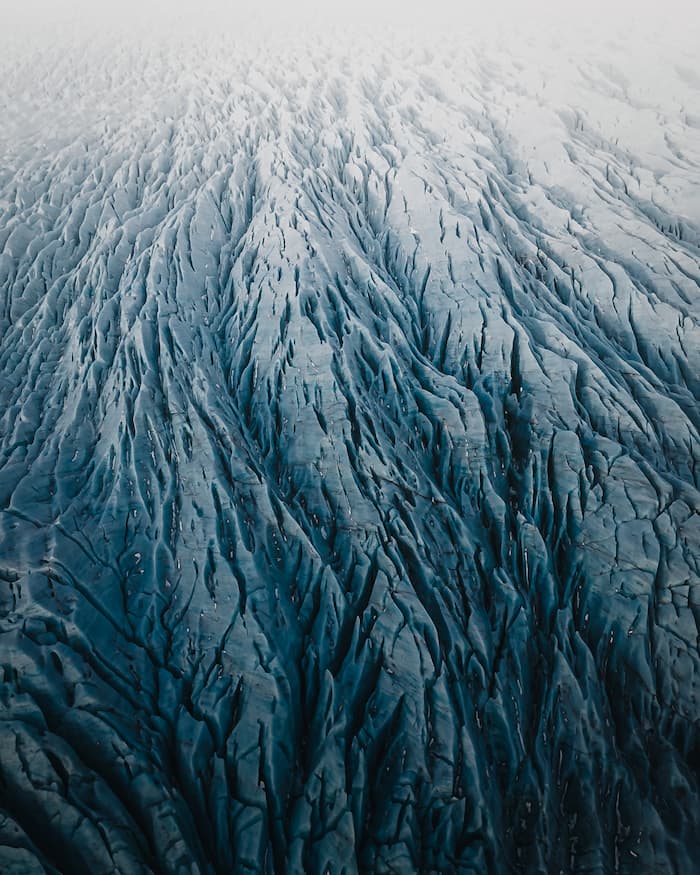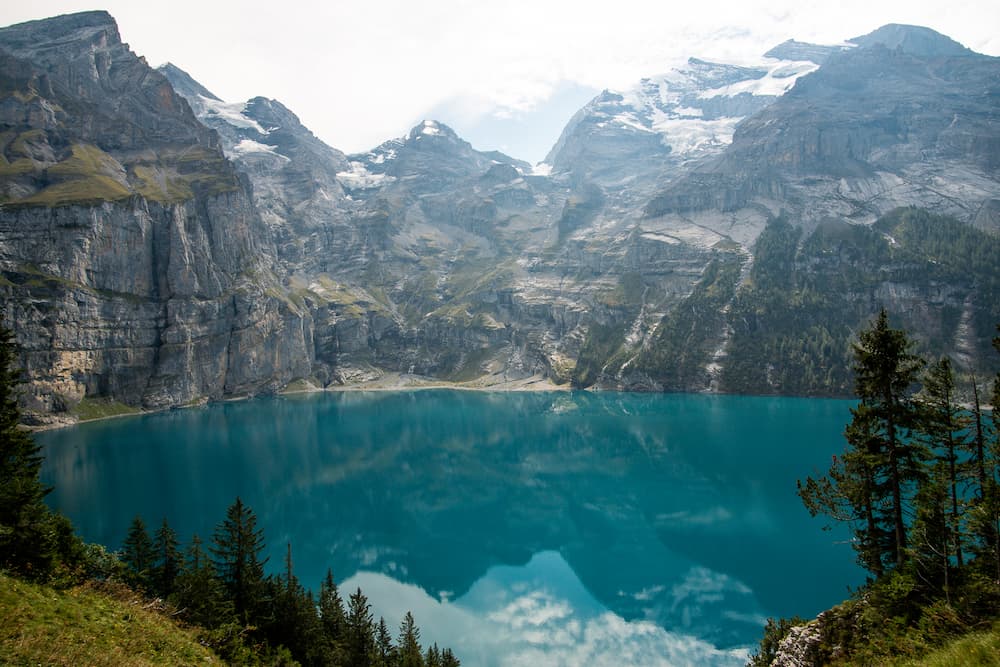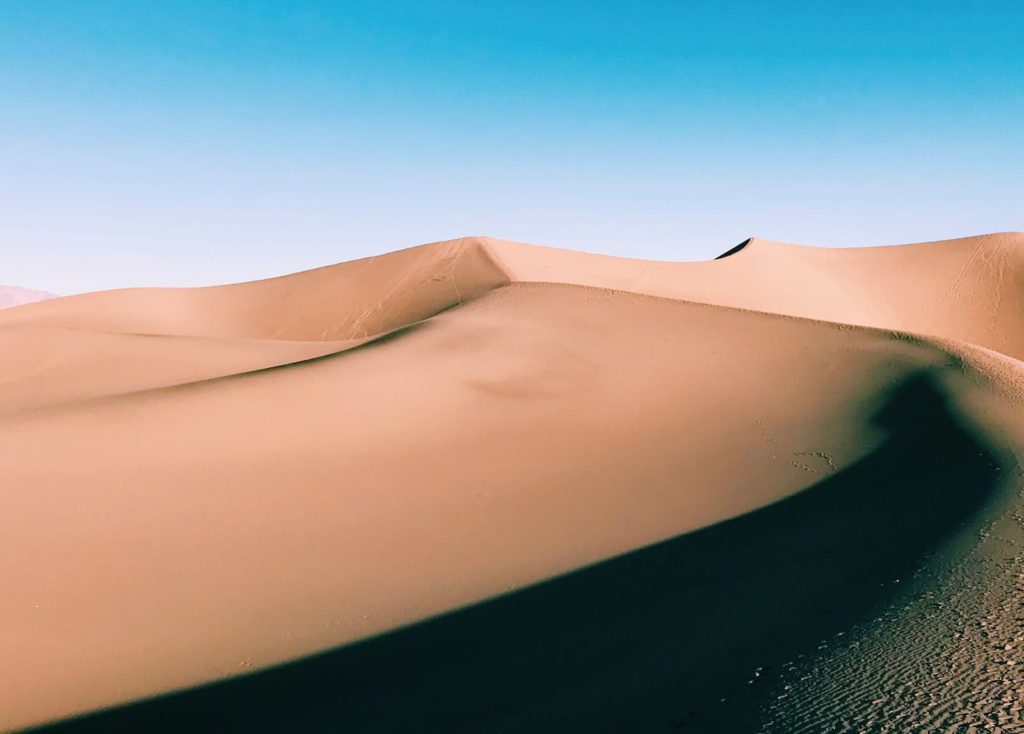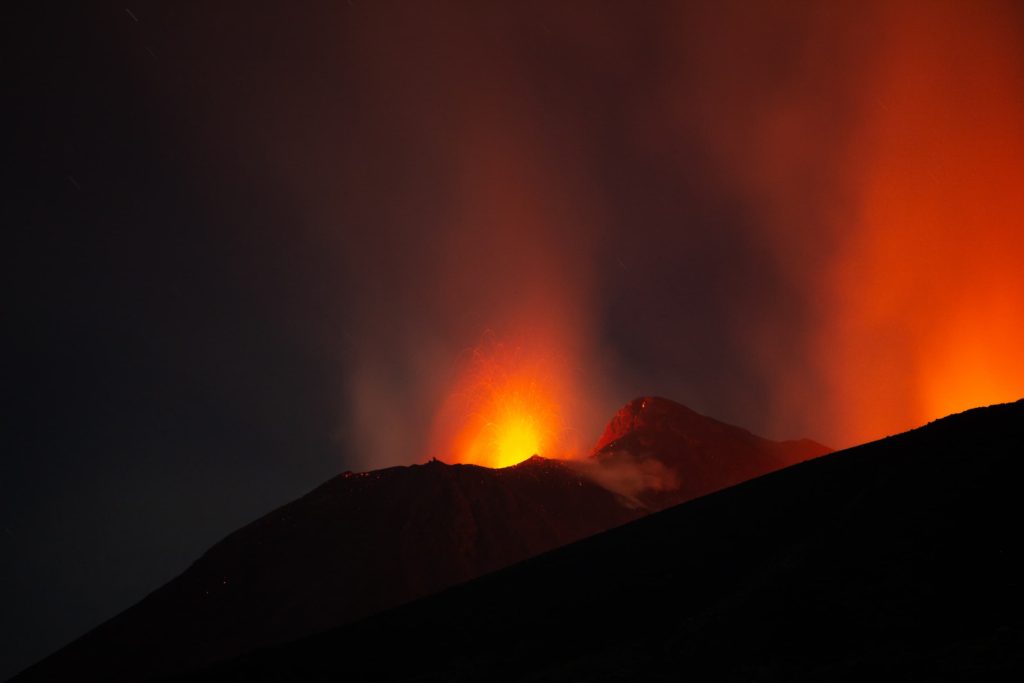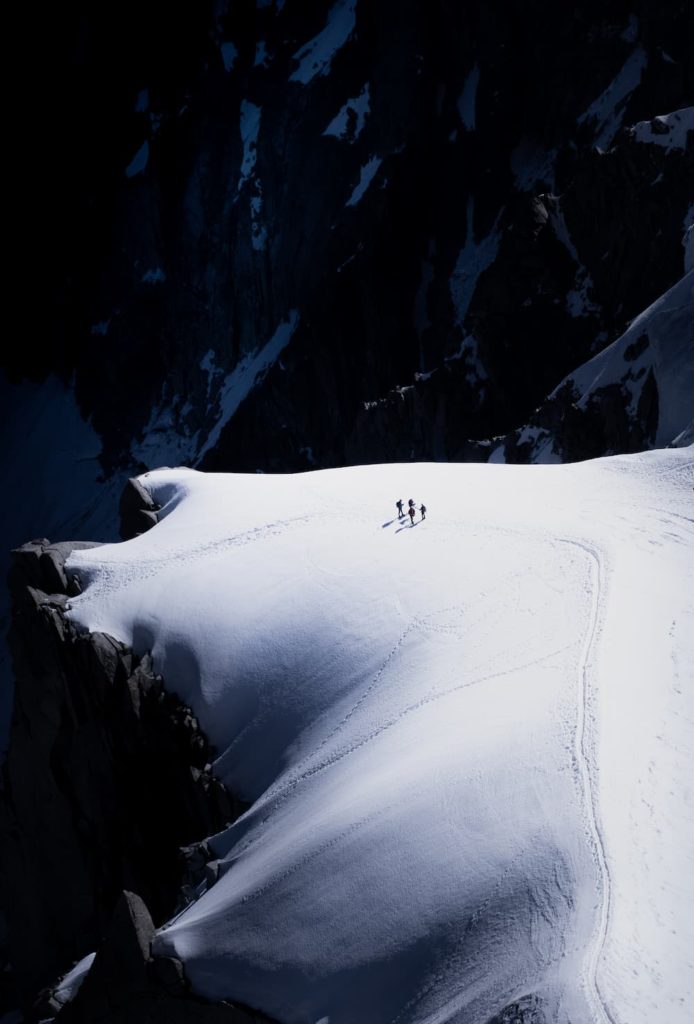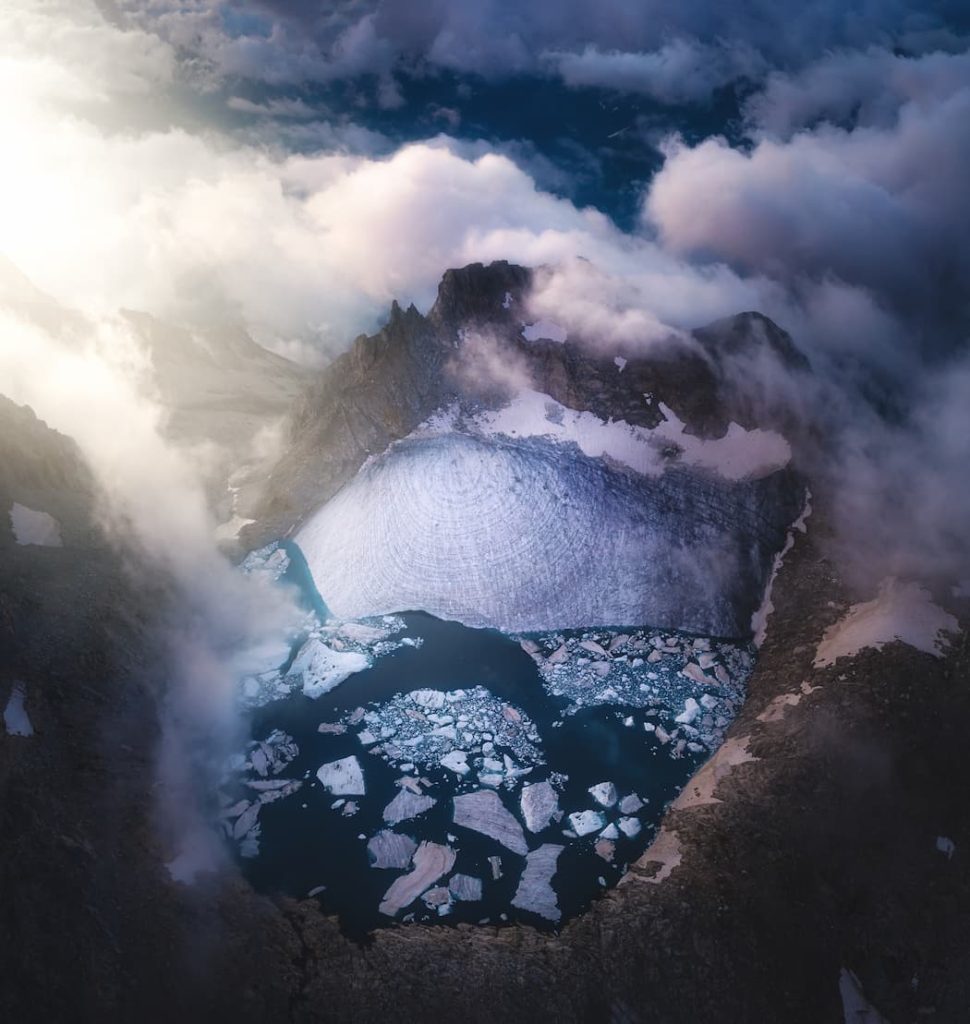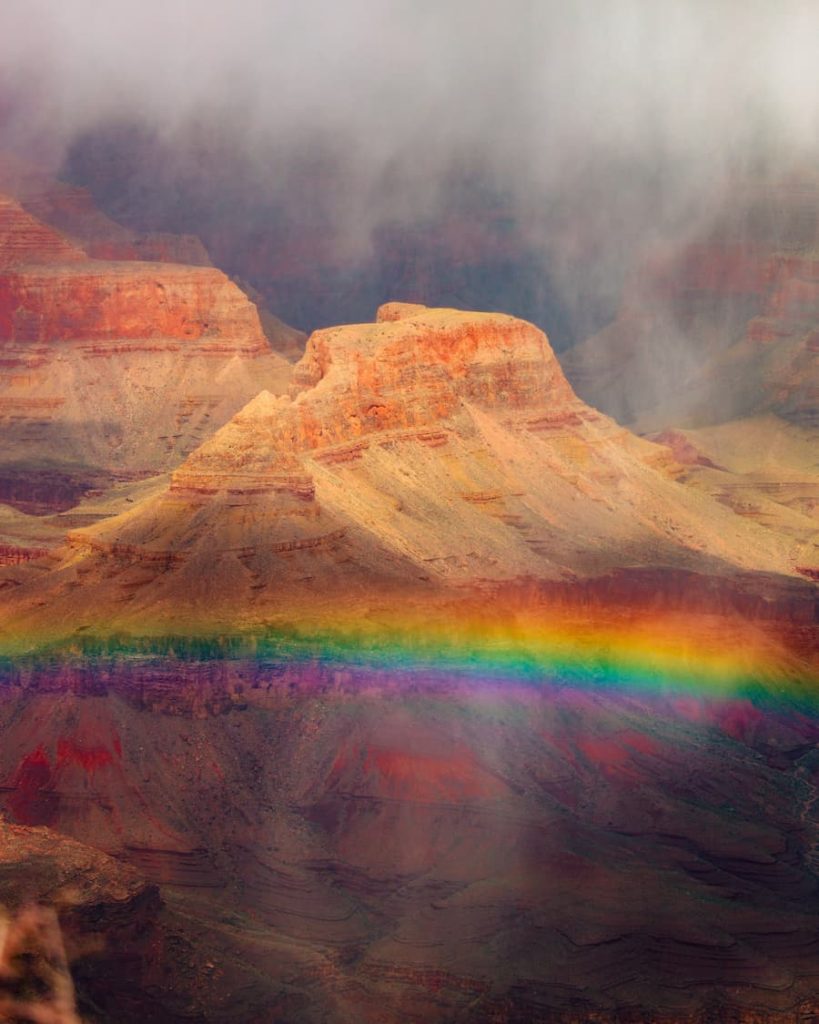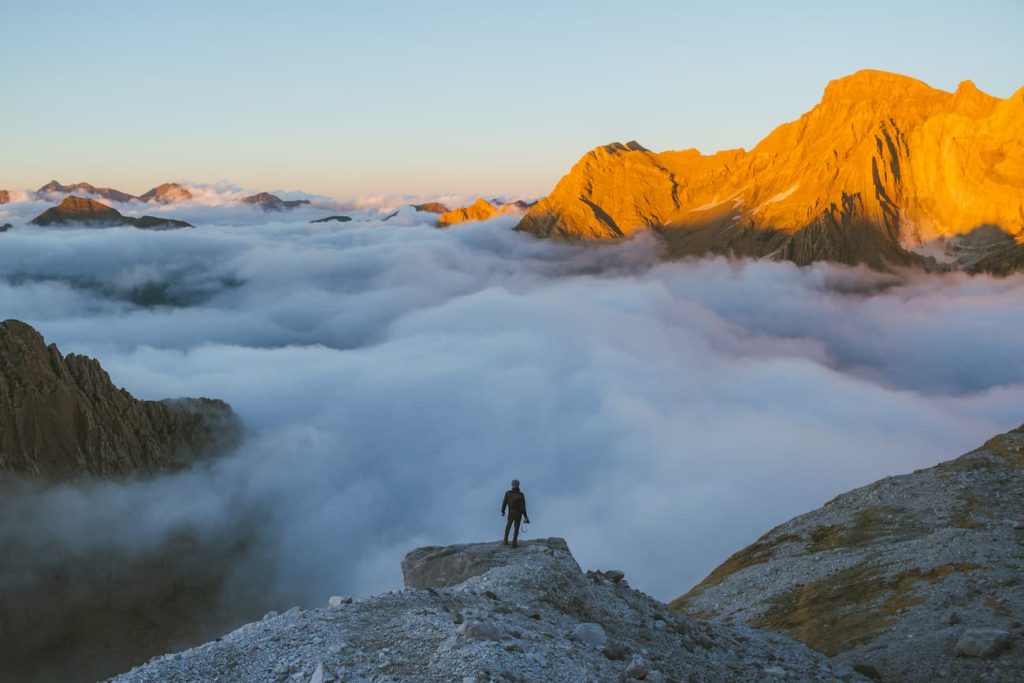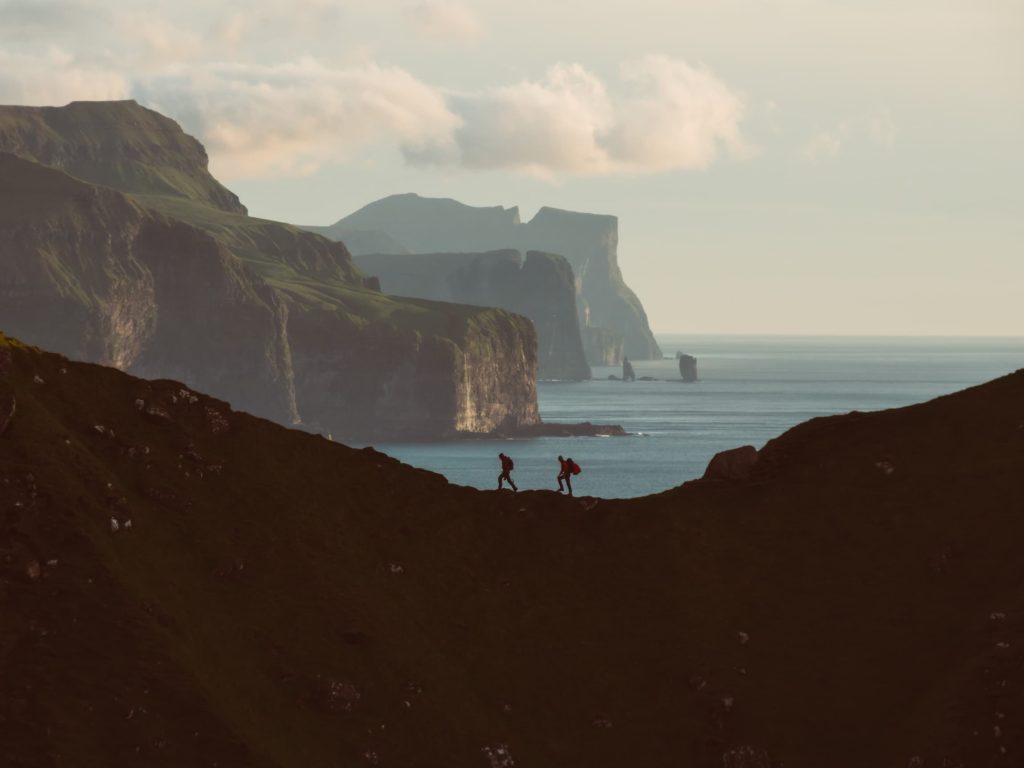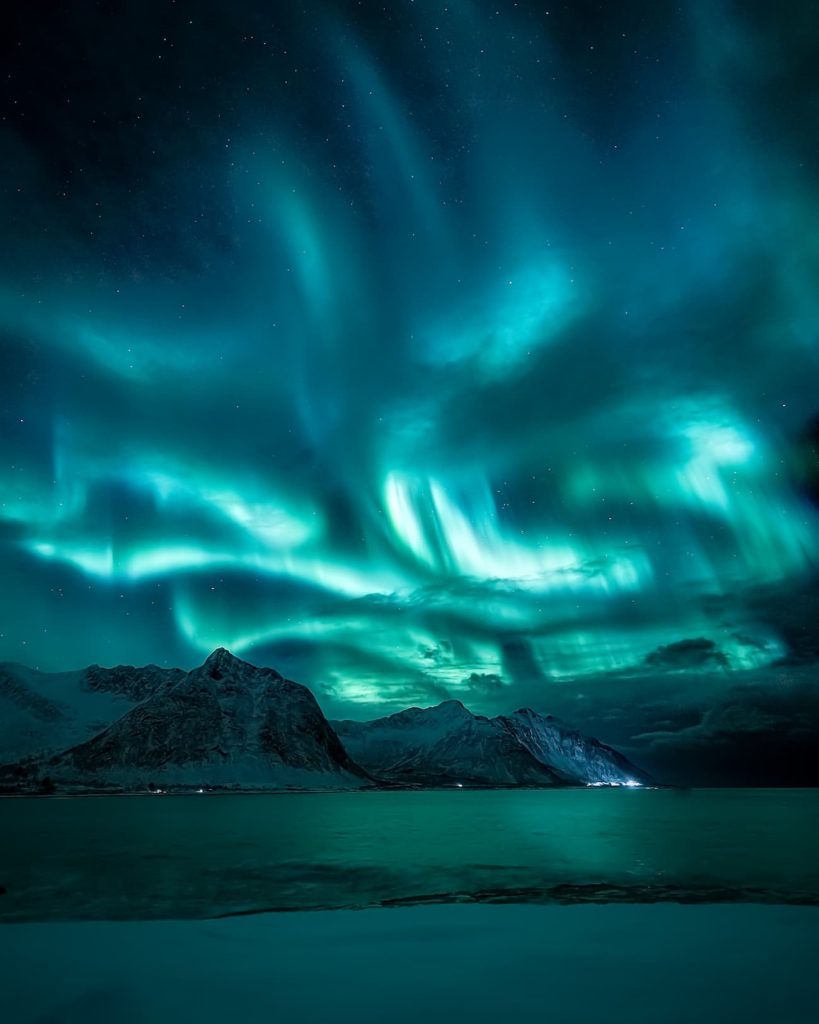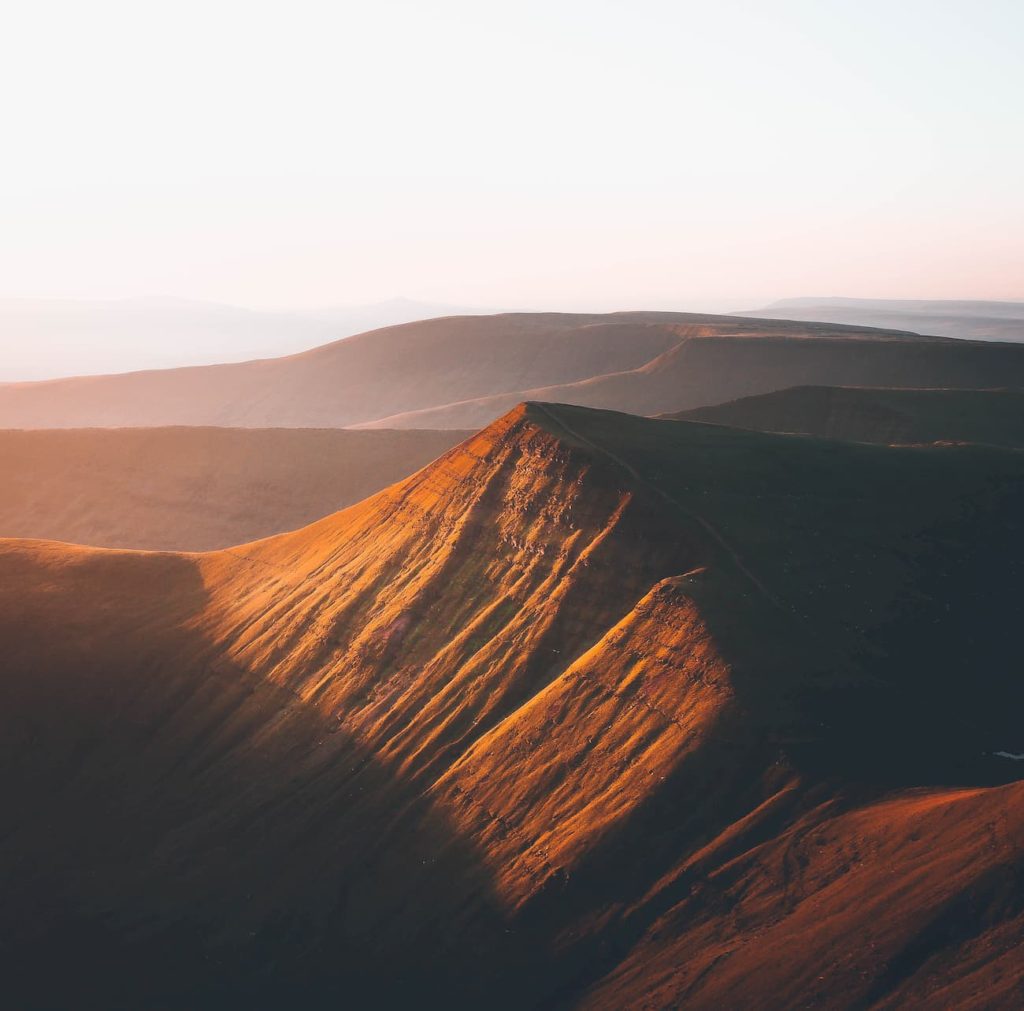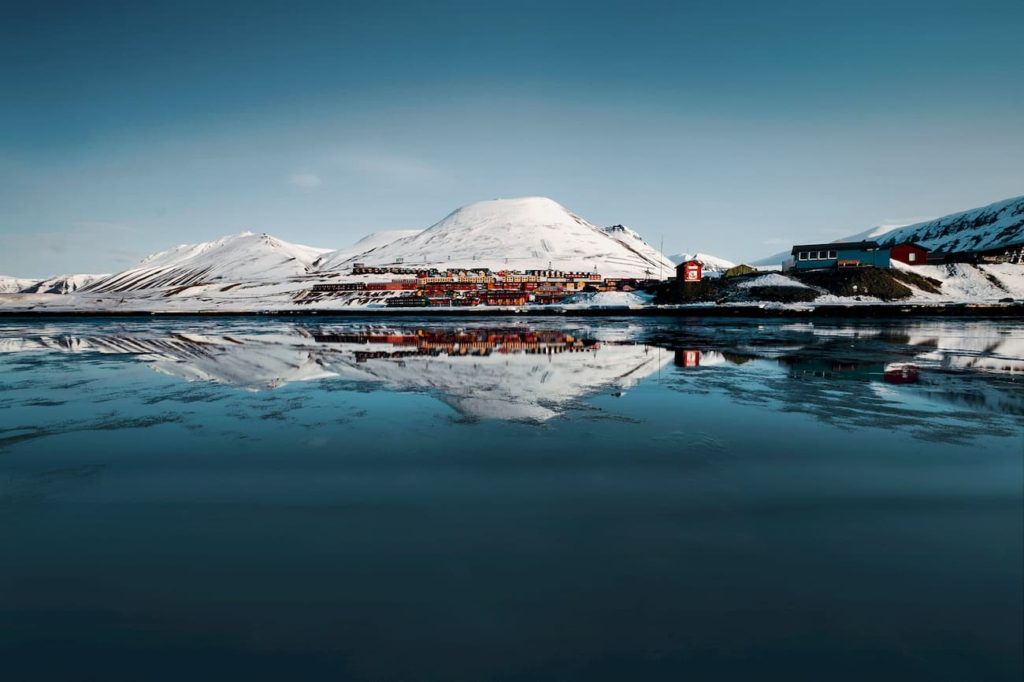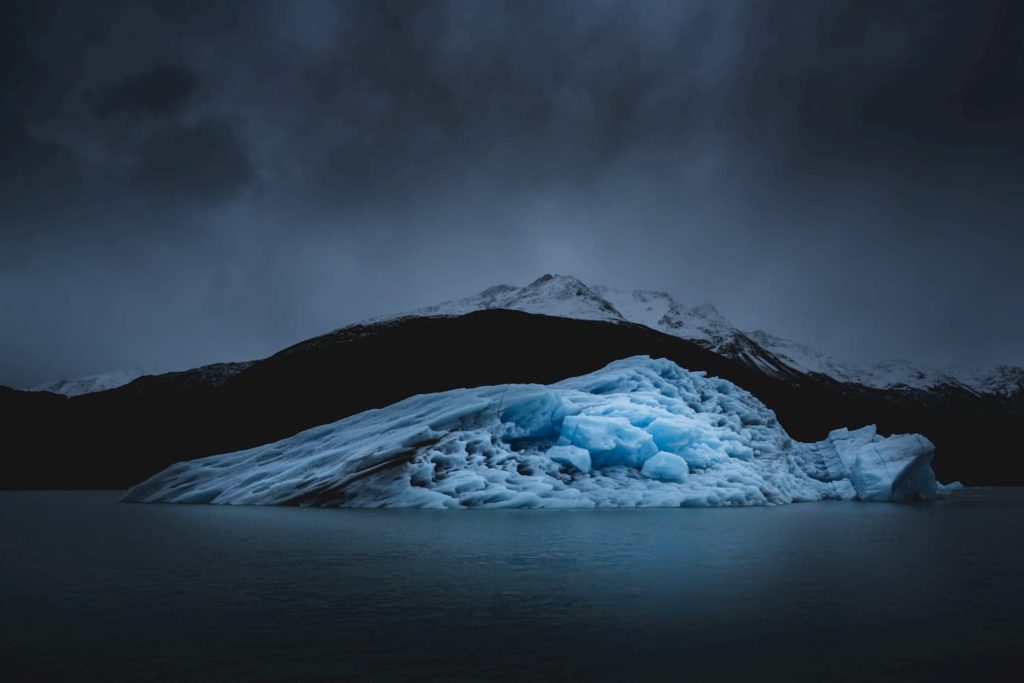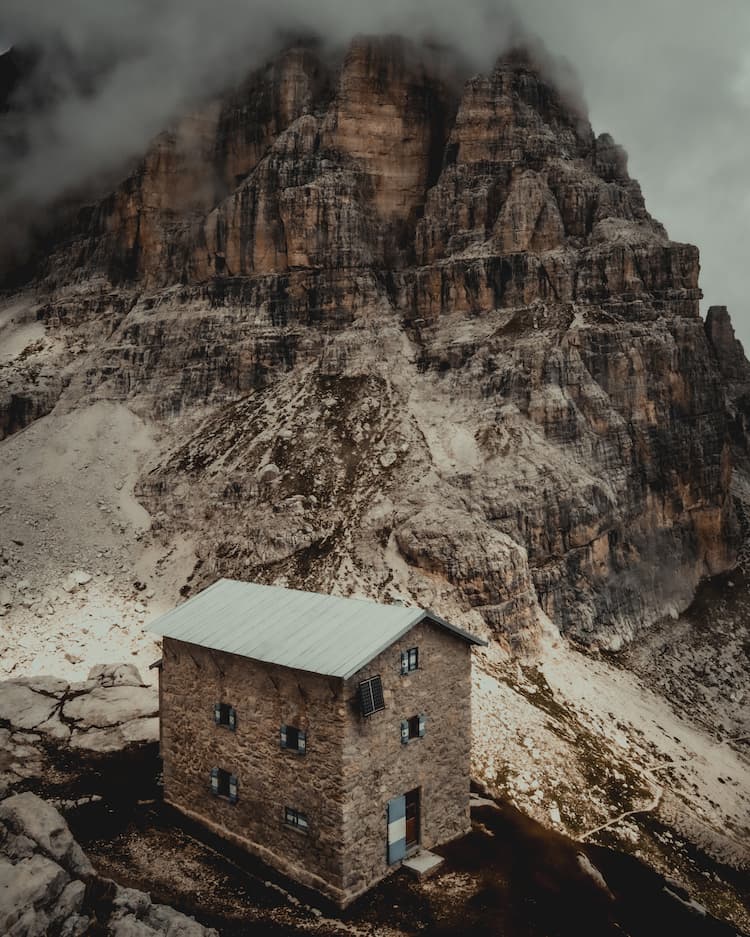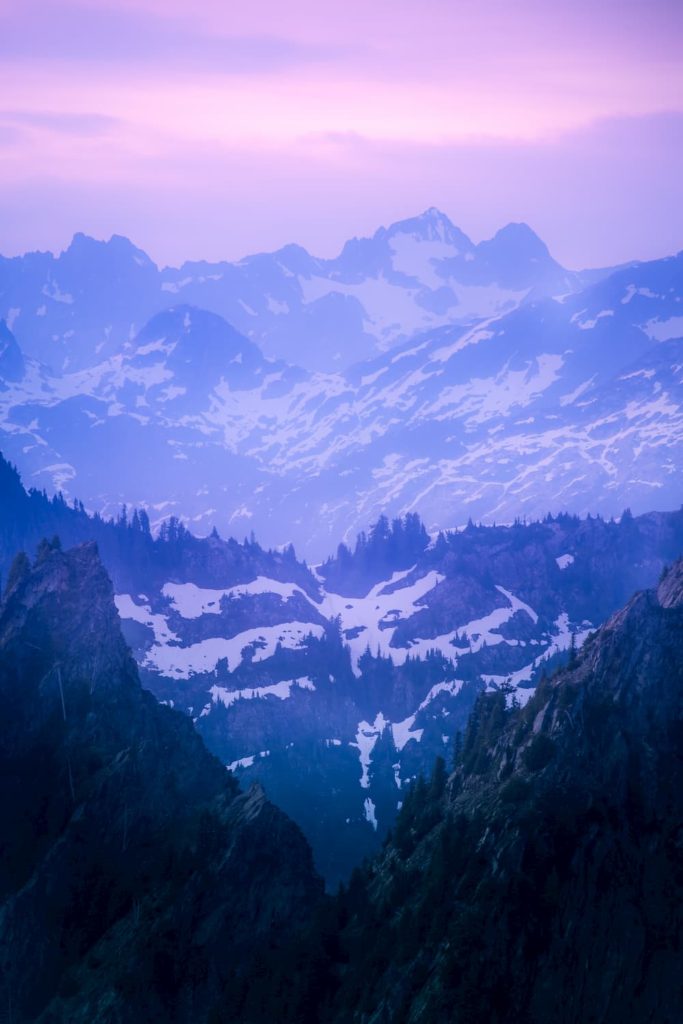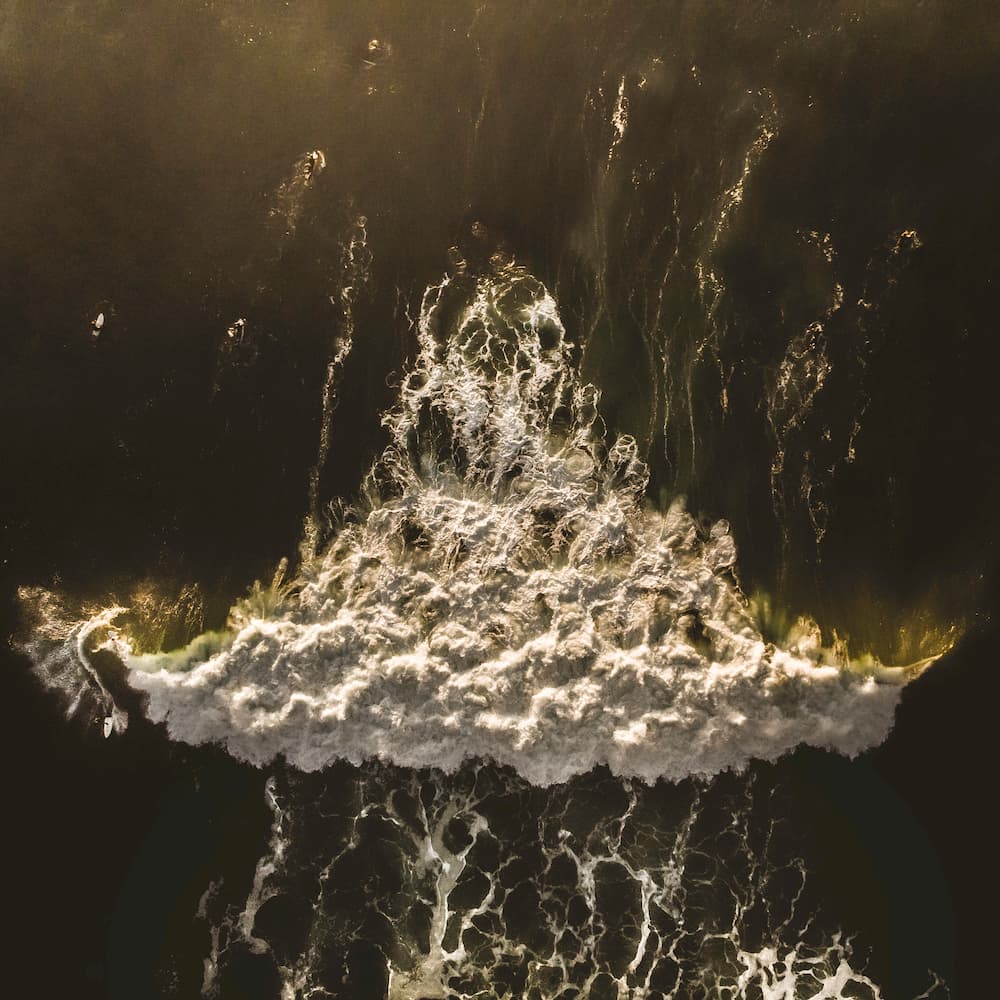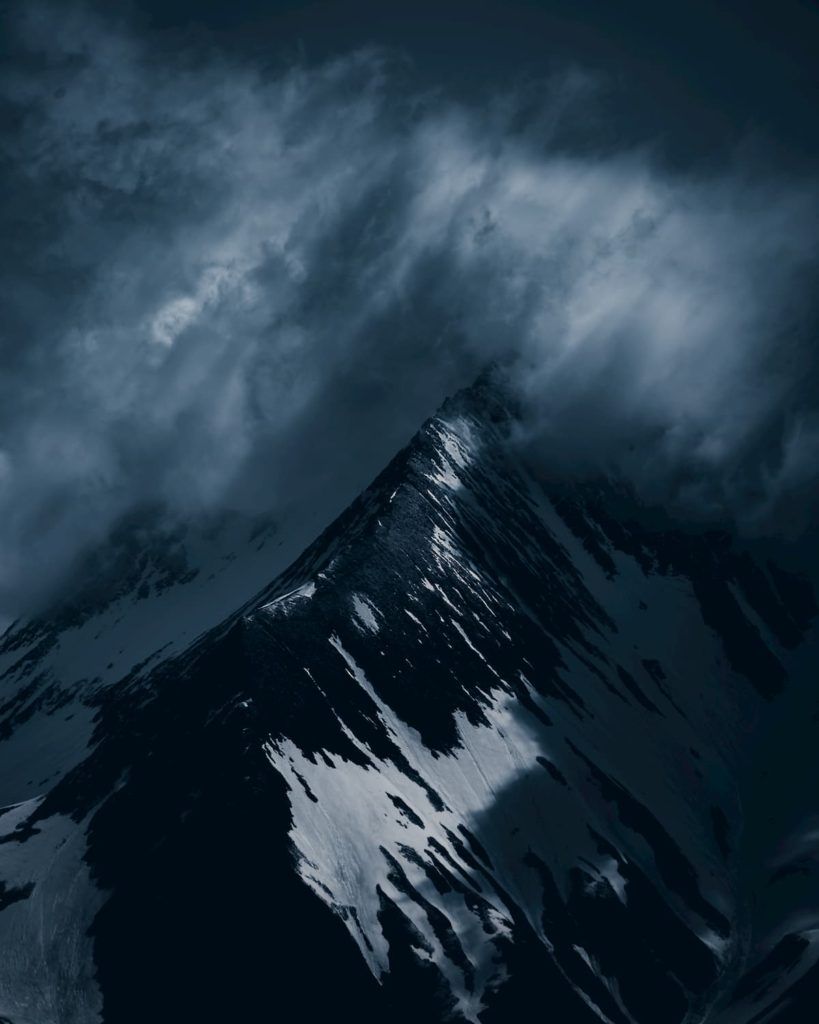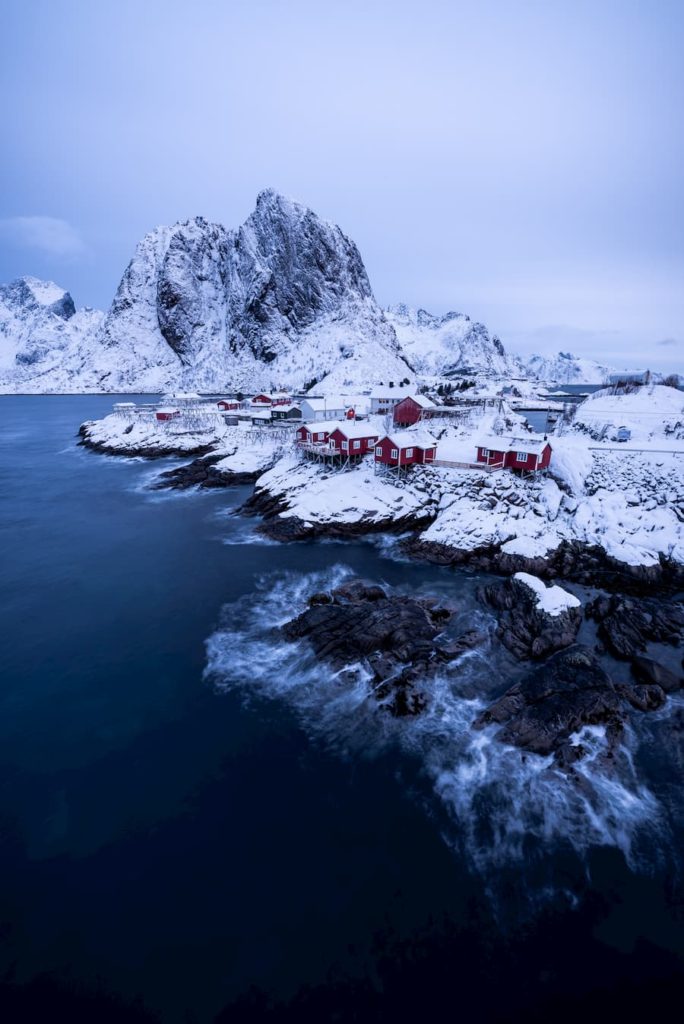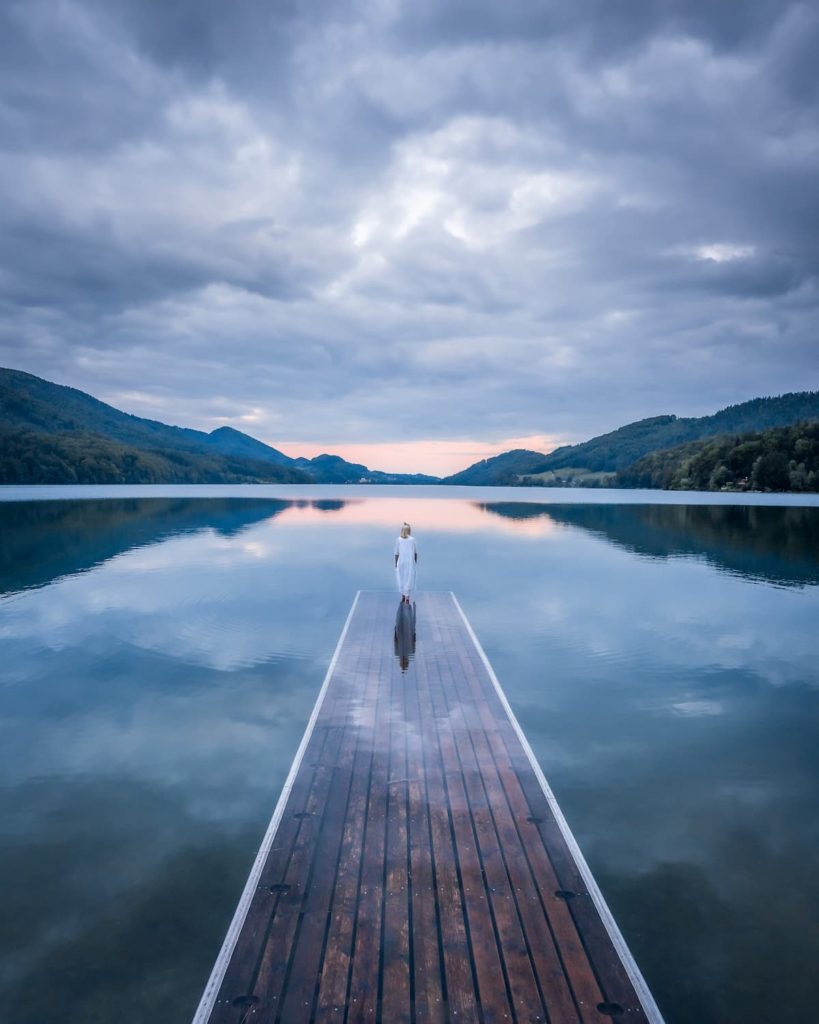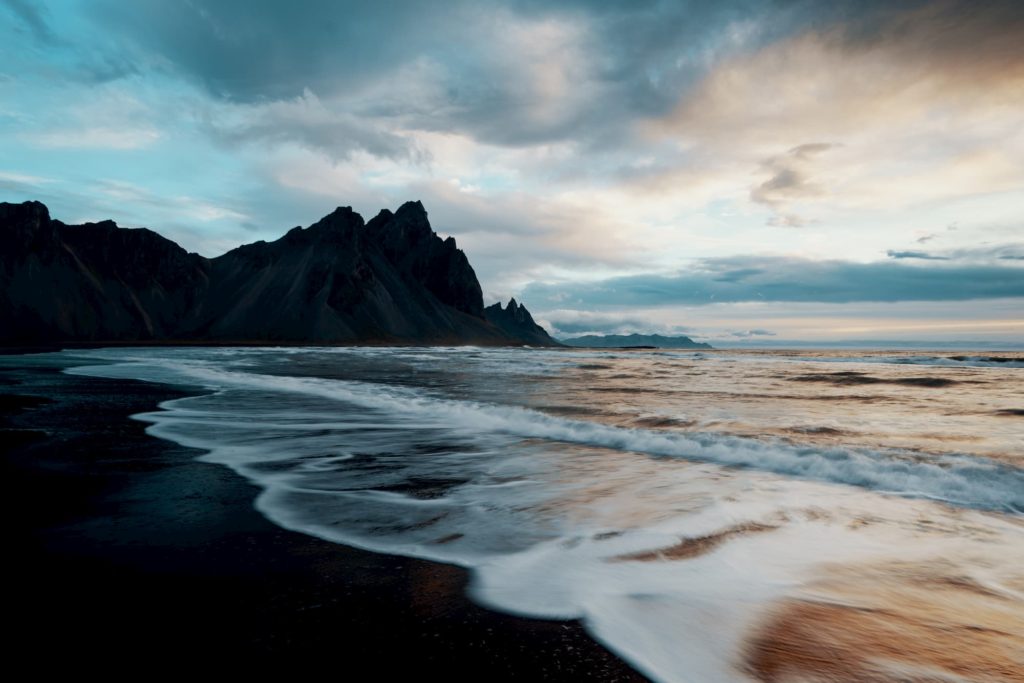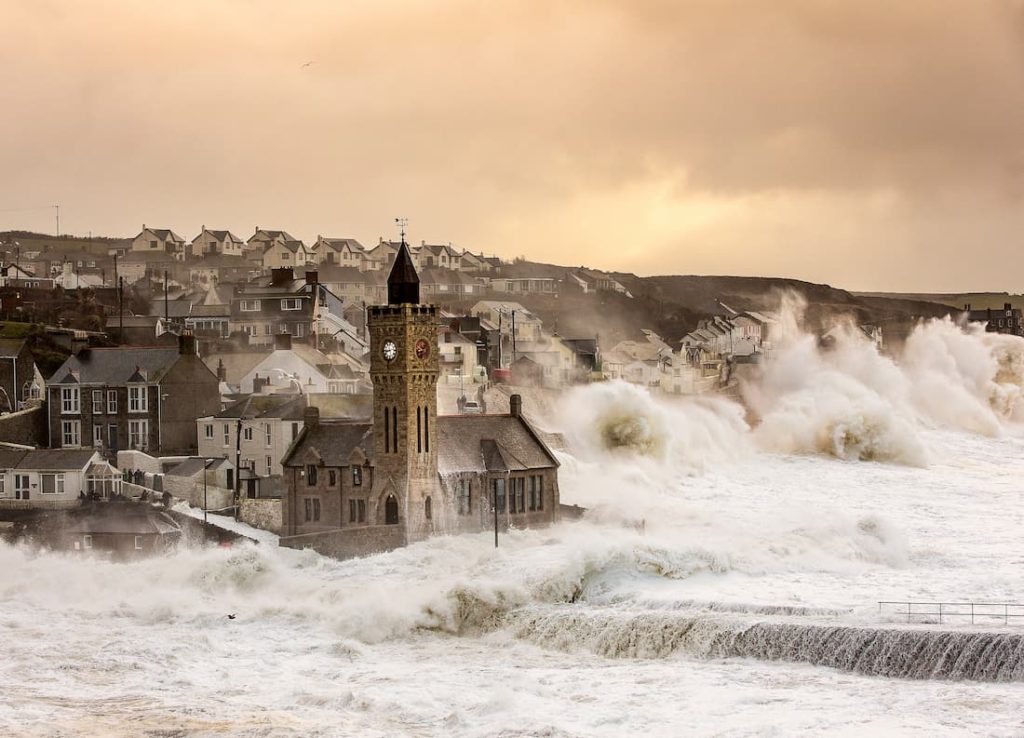
Daniel Hohenester
@danihhnstr
Photographer based in Germany
My passion for photography has its origins in my fascination for the Alps. And so does my passion for traveling. When I was a kid I was hiking with my father and my grandfather and they showed me how to do Via Ferratas. My grandfather was a great teacher because he also guided many training sessions for members of the Alpine Club. He’s been a member himself for a long time and by that he did pretty exciting tours in the mountains. So whenever I need a tour, I just ask him. He knows all the little paths – without a map! In the meantime, my grandfather is not that fit anymore to go on hikes in the mountains. But nevertheless, I learned how to be safe in the alps from both of them and grandpa is always excited about the photos I took.
I am based in Bavaria and whenever I have the time, I drive to the mountains for hikes. So I guess I am very blessed by living in Bavaria and that it is near to the places I like visiting the most. I started photography with my Sony Alpha 6000 as a tourist. With that, I mean that my inner voice always told me to capture the views I saw on my hikes simply to have a look at them at a later point. And I think that this ability of photography is one of its most powerful ones. To capture a unique moment – and have a look at it later.
"You kind of make the time stand still on one specific moment in your life and hold this moment forever. What a great thing!"
Before I bought my first camera, I took pictures with my mobile phone for the very reason I just mentioned. A phone is simply convenient and easy and also doesn’t add much weight to your backpack when you’re on the go. Don’t get me wrong but at some point, I thought: I can shoot a better photo than that. I wanted a “real” camera, and the Alpha 6000 got me hooked on photography. Buying this camera also meant learning about the craft of photography; knowing the right settings, getting the focus correct, etc. As a result, I started to develop the feeling that I’m in full control of taking pictures the way I like.
"I think you can get pretty nice pictures on smartphones or cameras in auto mode, but knowing the craft of photography changes a whole lot."
Right now I’m doing photography as a hobby besides my regular job. I am very often on trips to discover beautiful places, so I use my camera regularly. After shooting photos, I find it fascinating to edit them and this also takes time. And it’s not that landscape photography is the only subject that interests me; I also enjoy photographing people for different purposes. I’m looking forward to starting a business with photography, maybe selling some prints or making some money out of photography, especially doing portraits. I acknowledge this is a long journey and I have to start at the very beginning. I created a little calendar for 2022 which features the best photos I took over the past year. I know that selling prints is the most difficult part because of the huge variety of landscape photographers and because there are many, many better photographers than I am. But if I never try, I will never get there for sure.
I also endeavor to work with an outdoor brand that fits my active lifestyle and to shoot weddings in addition to my other portrait photography work. To manage and channel all of these aspects that form my business, I’m building a website. I think it is essential to give your business a home.
It is interesting to look back at the moment when posting on Instagram and sharing my photos was still a big challenge for me. I am not the type of person who draws attention to himself. I started posting on Instagram regularly because at some point I started thinking that it would be a shame to have all my pictures on digital storage without anybody having a chance to look at them. Luckily, being able to share my passion with others and to show the beauty of either nature or people, was stronger than my discomfort with the idea of sharing my photos and perhaps drawing attention.
In addition, just like how I get inspired, perhaps I can inspire others by sharing my photographs. Looking at other photographers’ work on Instagram or in magazines provides a lot of inspiration that can just give you that little insight you need to finish off your work. There are a few photographers who amaze me the most, for example, @formgestalter, @josefwittibschlager, and @dansmoe. They are doing outstanding work in my opinion.
"When it comes to inspiring landscapes, the Alps never fail."
You can find a vast variety of scenes there, with more “green” mountains in the German Allgäu and more (often bizarre) rock-formations in the Italian Dolomites. The Dolomites are truly a paradise for photographers. From all the places I have hiked in the Alps, the Dolomites amazed me the most. Places like Cadini di Misurina are just incredible. When I stood at the end of the little rock right in front of the Cadini Group, I could hardly believe I was looking at something real.
Another spot that made it to my favorite scenes is Lake Eibsee, Germany. I love mountain lakes, and this one is not a secret spot for many. In my opinion, Lake Eibsee is the perfect example of a mountain lake. The turquoise, almost Caribbean-like color of the water, the little islands in it, and the perfect reflection of the Wetterstein-Mountains you get on a calm morning, make this place so special to me.
"I forgot how often I have been because it’s just so many times!"
To share with you another location in Germany that made it to my favorites and is just as stunning as the others – Watzmann in Berchtesgaden, with Königssee beneath. In my opinion, the Watzmann is a perfect-looking mountain from every angle and a landmark of the Bavarian Alps. And for me, it is also a big place of desire. I have wanted to climb the Watzmann for a long time now but each time I tried, the weather always turned bad and I had to return because it was too dangerous. All this time, I have had a shot in mind which I never got to achieve. I will keep trying until I get it!
When I know a location and how it looks from different angles based on some investigation, my imagination visualizes a shot which becomes a big motivation for me – I want to materialize it, create it for real. After I manage to capture the scene I had in mind, I want to stress what I like in the photo with the edit, without making it look unnatural. For some reason, I don’t like to work with presets despite that I do think that it’s quite practical for a quick edit. I like to work on every picture from beginning to end by myself. At first, I do basic adjustments, like lifting the shadows, correcting the lighting, or working on the tone curves. And after these, I start doing local adjustments to the parts of the photo I want to emphasize, using the brush or working with linear or radial filters. By this means it’s easier for me to convey what the moment I took the picture was like and what caught my attention. Compared to how the scenery affects me and is stuck in my mind, the RAW photo taken on camera always looks a little bit flat. My real eyes are seeing a way more saturated scenery than my camera does when shooting in RAW. With editing, I try to overcome the discrepancy between the flat RAWs and the picture in my mind.
For example, with this photo of Geroldsee, I experienced the orange/red alpine-glow much more intense and saturated than it looked like in my camera. After doing the basic adjustments and the size cutting I started working on the color of the mountains. With local adjustments and the color-grading tool, I brought back the intensity of the colorful glow I witnessed personally on the mountains as well as the reflection in the Geroldsee. I think by looking at the before and after you understand what I mean. In the next step, I used two radial filters, one on the mountains and one on the reflection in the lake to make the alpine glow stand out even more.
"I finished the edit by cleaning the photo by stamping the little unwanted details away, for example, the two persons sitting in the grass."
When I’m planning a shot, I like to plan a hiking tour around, which finishes at the specific spot at the right time for the pictures. More often though, I’m driving directly to the photo spot to have more time there and be there for the perfect moment as long as it takes for it to arrive. Sometimes all of the circumstances you would need for a photo make you think that on a particular day, it would be better to stay at home. But I think you should always give yourself a try to do the hike or take the picture – sometimes you get rewarded with pretty epic sceneries or at least with an adventure.
As I mentioned earlier, the most fascinating thing about photography is that you can capture a moment in your life forever. But for me, a photograph is also the “play button” of adventure and brings you more unexpected situations. For example, I once took a shot of Lake Eibsee right after sunrise. It was such a beautiful moment to witness the first light of the day touching Germany’s highest Peak “Zugspitze” and giving the whole lake a beautiful glow. This picture was kind of a bucket shot for me I always wanted to take, because of the incredible reflection the mountains make in the calm lake.
"And so I ventured out to this location. After the sunrise, I stayed a little while at the lake and had some breakfast."
On the way back to my car, I randomly met one of my best friends who was at Lake Eibsee for vacation with his family. It was such a coincidence because we both didn’t know about each other being at the same place at the same time. For me, this photograph has been my trigger to adventure and one that reminds me of both the beautiful sunrise and the random meeting with my friend. A few weeks later, I printed my bucket shot and gave the print to my friend as a gift. He was so happy with it because this photo also reminds him of this little story.
This also shows another important and pretty fulfilling part of photography for me; printing your photos and gifting them. By gifting prints you recreate the emotions of a happy moment you experienced together – It’s the gift of photography.
Would you like content like this sent to your inbox?
NOMADICT
ART GALLERY
THE LATEST STORIES
WRITEN WITH PASSION TO INSPIRE YOU
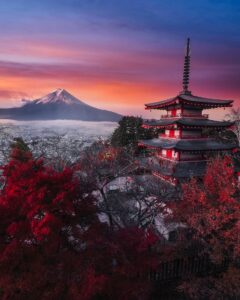
Sebastian Tan (@quetzalcoatlst): Best of the Week 44 at #nomadict
Driven by a desire to witness the world in its rawest states, Sebastian Tan pursues remote landscapes with patience and precision. Blending meticulous planning with resilience, his work transforms fleeting light into immersive fine art. Recognized internationally, Sebastian bridges the wild and familiar, inviting others to see through his lens.
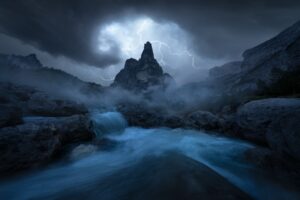
Filip Hrebenda (@filiphrebenda): Landscape and nature photographer
Known for capturing nature’s raw intensity, Filip Breda creates atmospheric landscapes shaped by storm, fire, and light. Winner of the 6th ColorPro Awards for Thunderstorm, his work reflects years of persistence, exploration, and a deep emotional connection to the elements.
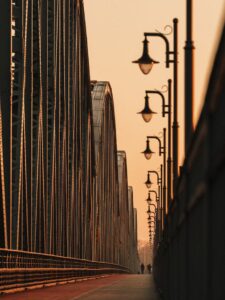
A guide to Toruń, Poland: A golden hour haven for telephoto tales in crimson and gold
Toruń, set along the Vistula River in north-central Poland, is a UNESCO-listed gem where Gothic brick façades glow in the last light of day. Small and unhurried, it’s a city made for slow wandering, and for watching golden hour turn terracotta rooftops into crimson and gold.
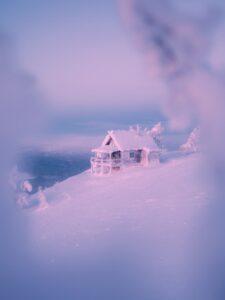
Kasper Rajasuo (@rajasuokasper): Best of the Week 46 at #nomadict
From childhood hikes to award-winning shots, Kasper Rajasuo’s journey is one of rapid evolution and deep connection. In this article, Kasper shares the technical secrets behind his “Santa’s Cabin” winning photo, the four lessons that defined his career, and how he uses color theory to transform harsh Finnish winters into dreamy, serene masterpieces.
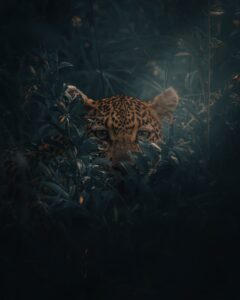
Andy Rider (@andyswildlife): Best of the Week 2 at #nomadict
Andy Rider is a passionate wildlife photographer and filmmaker based in South Africa, dedicated to capturing the raw beauty of nature while raising awareness about conservation. Inspired by legends like Steve Irwin, his journey began as a field guide, where he honed his skills and developed a deep respect for ethical wildlife photography.
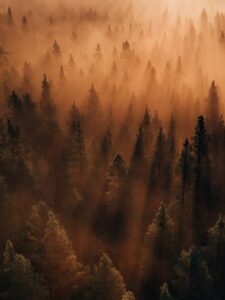
Philipp Pilz (@buchstabenhausen): Best of the Week 43 at #nomadict
In this article, photographer Philipp shares how time, clarity, and consistency have shaped his evolving relationship with nature photography. Drawn ever further north, he writes about embracing uncertainty, working with restraint, and finding beauty even when plans fall apart — including the unlikely story behind his Best of the Week–winning image.
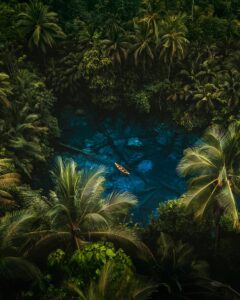
Tom Fähndrich (@tofenpics): Best of the Week 47 at #nomadict
Tom shares the journey behind his winning photography, from a passion for exploration and remote places to field lessons, composition choices, and color grading.
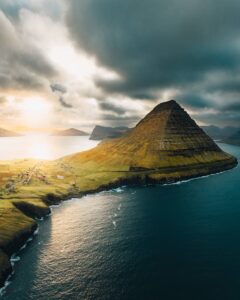
Photo tour in the Faroe Islands
Join us in the Faroe Islands for a unique photo tour, where you’ll elevate your creative skills with expert guidance from Ronald Soethje and Nomadict.
